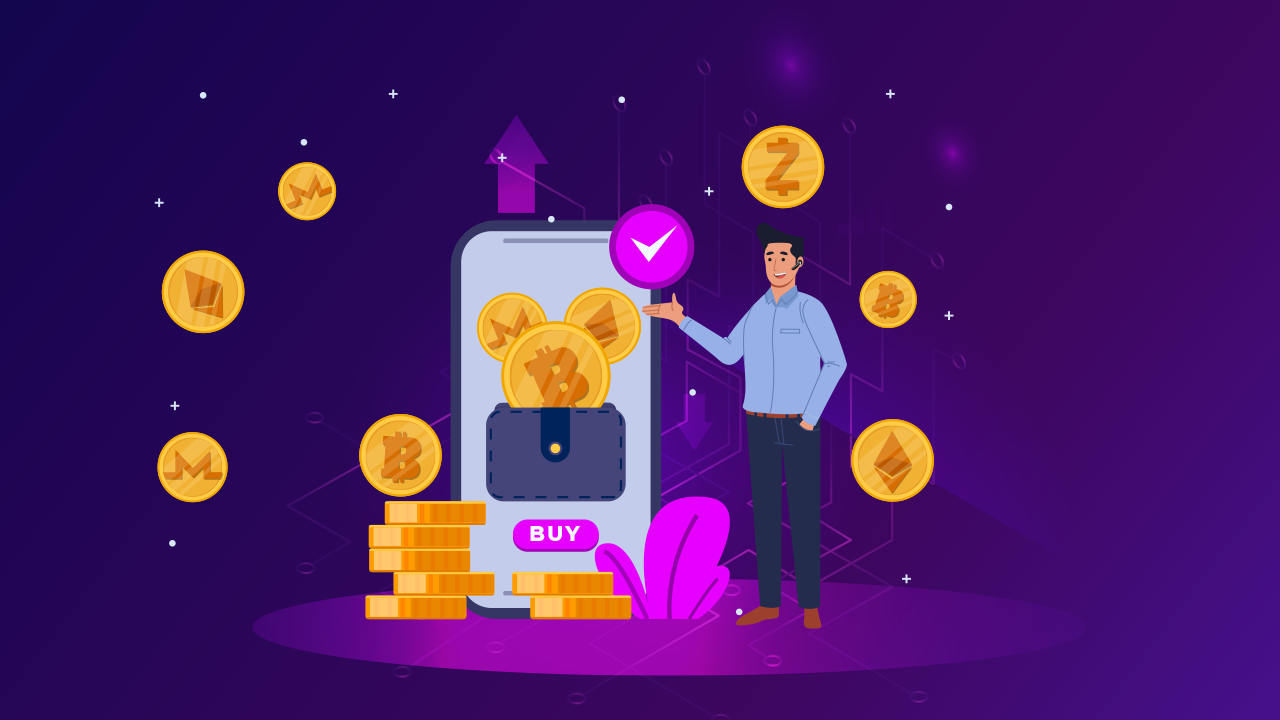In the rapidly evolving world of cryptocurrencies, security is paramount. One of the most crucial components for protecting and managing your digital assets is a crypto wallet. This article explores the concept of crypto Ledger wallet, their types, and their importance in the cryptocurrency ecosystem.
What is a Crypto Wallet?
A crypto wallet is a digital tool that allows you to store, manage, and transfer cryptocurrencies such as Bitcoin, Ethereum, and other altcoins. Unlike traditional wallets, which store physical money, crypto wallets store the private keys required to access and control your digital assets on the blockchain. These keys are the critical components that allow you to sign transactions and prove ownership of the coins stored in your wallet.
The wallet doesn’t actually store the cryptocurrency itself, but rather the cryptographic keys necessary to interact with the blockchain. This distinction is crucial for understanding how crypto wallets function.
Types of Crypto Wallets
Crypto wallets come in two main categories: hot wallets and cold wallets. Each type has its own advantages and use cases.
- Hot Wallets:
- Definition: A hot wallet is a type of crypto wallet that is connected to the internet. It allows you to quickly access and trade your cryptocurrencies.
- Examples: Software wallets, web wallets, mobile wallets, and exchange wallets.
- Advantages: Hot wallets are convenient and fast, making them ideal for frequent traders or users who need easy access to their funds.
- Disadvantages: Due to their online nature, hot wallets are more vulnerable to hacking and security breaches.
- Cold Wallets:
- Definition: A cold wallet is not connected to the internet and is used for securely storing cryptocurrencies offline.
- Examples: Hardware wallets (like Trezor and Ledger) and paper wallets.
- Advantages: Cold wallets are highly secure and immune to online threats, making them suitable for long-term storage of digital assets.
- Disadvantages: Cold wallets are less convenient to use for frequent transactions, as they require physical access to the device or paper.
How Crypto Wallets Work
Crypto wallets function based on a pair of cryptographic keys:
- Public Key: This is the address you share with others to receive cryptocurrency. It’s similar to a bank account number.
- Private Key: This is a secret key that allows you to access and control the assets associated with the public key. It’s like a password and should never be shared with anyone.
When you want to send cryptocurrency to another person, your wallet uses your private key to sign the transaction. The signed transaction is then broadcast to the network, where it is verified and added to the blockchain.
Choosing the Right Crypto Wallet
The choice of a crypto wallet depends on your needs and how you plan to use your cryptocurrency. If you’re a frequent trader or need quick access to your assets, a hot wallet may be more suitable. However, if you’re looking to store your cryptocurrency long-term, especially large amounts, a cold wallet offers enhanced security.
Here are some factors to consider when choosing a wallet:
- Security: Choose a wallet that offers strong encryption, backup options, and multi-factor authentication (MFA).
- Ease of Use: A user-friendly interface is important for beginners, especially if you are new to crypto.
- Backup and Recovery: Ensure that your wallet offers a way to recover your private keys or seed phrase in case of device loss.
- Compatibility: Make sure the wallet is compatible with the cryptocurrencies you intend to store and use.
The Importance of Wallet Security
As the value of cryptocurrencies grows, so does the number of cyberattacks targeting crypto wallets. Protecting your private keys is essential for safeguarding your assets. Some best practices for securing your crypto wallet include:
- Use Strong Passwords: Ensure your wallet uses strong, unique passwords, and enable multi-factor authentication.
- Backup Your Private Keys: Make sure you keep a backup of your private keys in a secure location, such as a safe or encrypted USB drive.
- Avoid Phishing Scams: Be cautious of emails, websites, or apps that ask for your private keys or wallet credentials. Always verify the source before entering sensitive information.
- Regularly Update Your Wallet: Keeping your wallet software up to date helps protect against security vulnerabilities.



